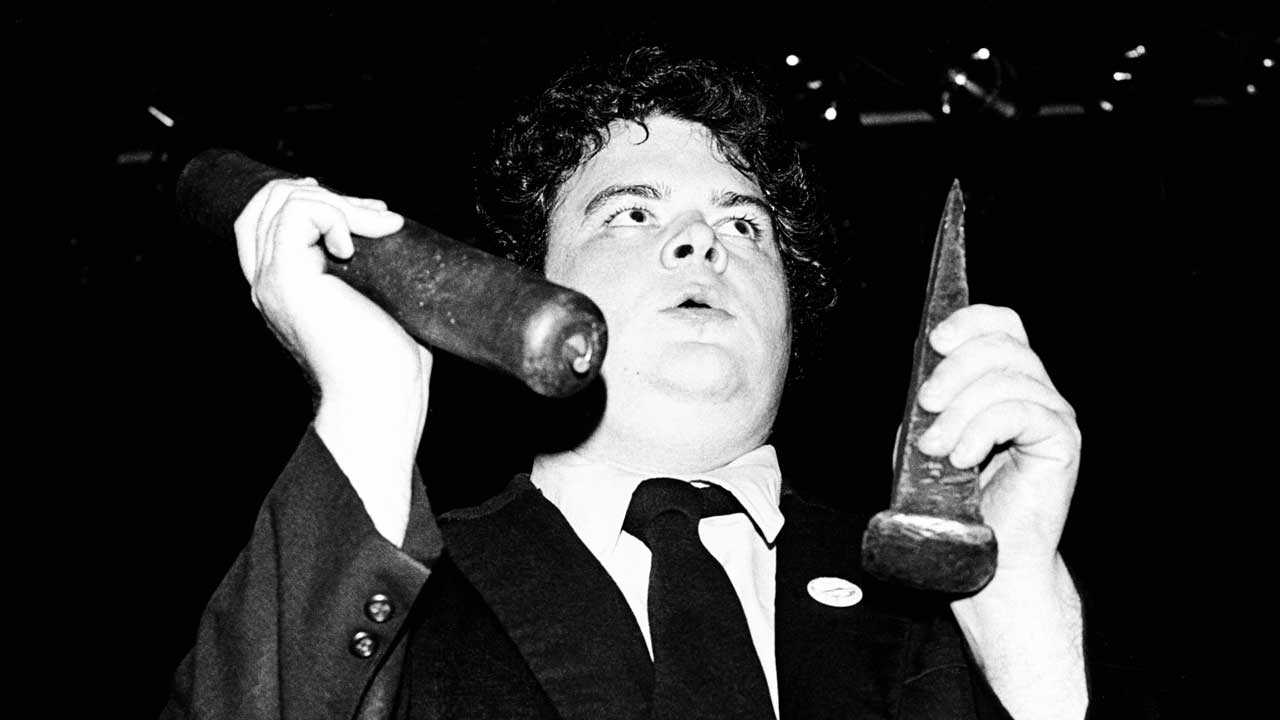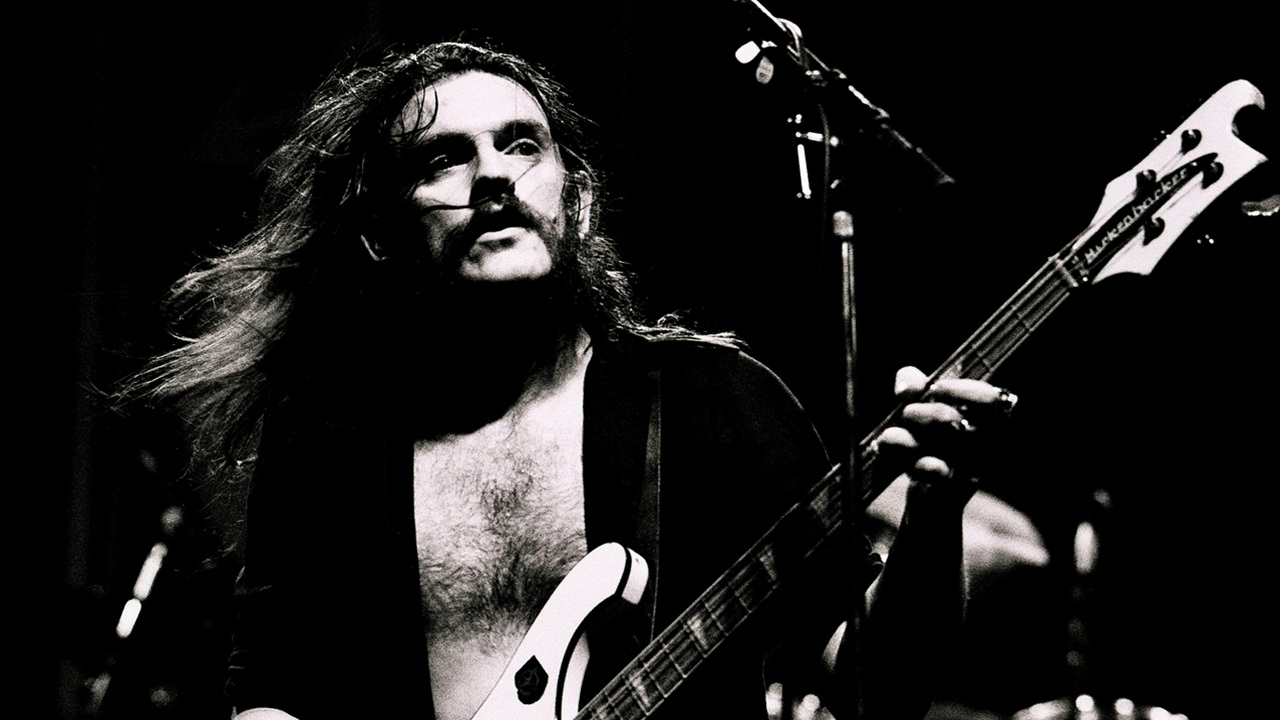"It remains a touchstone of art-rock genius, a true masterpiece": Why you should definitely own The Modern Dance by Pere Ubu
Pere Ubu's 1978 esoteric art rock masterpiece The Modern Dance cleared the ground for much of the more adventurous music that's been recorded since

The mid- to late 70s was a strange yet exciting time for music. Punk changed the face of rock, while the new wave brought some very interesting artists to the public’s attention.
‘New wave’ was itself difficult to quantify and define. On the surface it seemed like a term that could be applied to almost any new band of the time who weren’t overtly punk. So artists as diverse as Eddie & The Hot Rods and Talking Heads could be construed as being new wave – even Dire Straits were briefly seen as fitting into the framework.
But it was certainly in America where the new wave was most clearly focused, being a reinterpretation of art rock for a generation who wanted something with a more cutting edge. In New York, both Talking Heads and Television were making their mark, while Akron, Ohio, threw up the eccentricities of Devo and more besides. But in many respects the most fascinating band was one that came from the industrial heartland of Cleveland, Ohio: Pere Ubu.
Named after Alfred Jarry’s 1896 play Ubu Roi (a surrealistic extravaganza in which the actors never speak but hold up ‘speech bubbles’), the band was very much the vision of frontman David Thomas. A bulky man with a slightly skewed charisma, his demented vocal style and disenfranchised lyricism were the fulcrum of the Pere Ubu philosophy, one that saw them hailed as inventors of expressionist rock’n’roll.
They started out under the less intense name Rocket From The Tombs, before adopting the name Pere Ubu in 1975. Initially the group included Thomas, guitarists Pete Laughner and Tom Herman, bassist Tim Wright, synth/sax player Allen Ravenstine and drummer Scott Krauss. They released two singles, 30 Seconds Over Tokyo and Final Solution, on local labels, before Laughner left because of drugs and alcohol problems (he died in 1977), reducing the band to a five-piece.
Soon afterward Wright was replaced by Tony Maimone, and a third single, Street Waves was released. At this juncture A&R man Cliff Burnstein (later the co-manager of Metallica and Def Leppard) persuaded Mercury Records to start the new, punk-style imprint Blank with the sole purpose of signing Pere Ubu. And so the band finally released their debut album in 1978.
The Modern Dance was unlike anything at the time. Dark, manic and repressive, it opens with almost unbearable feedback, before lacerating with Non-Alignment Pact, immediately putting the listener on the back foot. And the aural assault never ceases, with the quite terrifying Humor Me and the contorted Chinese Radiation especially ahead of their time.
Sign up below to get the latest from Classic Rock, plus exclusive special offers, direct to your inbox!
Typically, The Modern Dance was something of a critical success but a commercial flop. But the combination of atonal yet well-constructed rhythms and Thomas’s wailing, almost painful vocals was clearly offering something new.
Pere Ubu had a quirky sense of perversity, yet there was something almost warm and inviting about this album. It threatened to suffocate with an intensity of delivery, and the band were prepared to sacrifice melody for jagged artistry. It remains a touchstone of art-rock genius. A true masterpiece. Without this album, much of the more esoteric rock music recorded in the decades since would have simply remained unheard.
This was originally published in Classic Rock 64, in March 2004.
Malcolm Dome had an illustrious and celebrated career which stretched back to working for Record Mirror magazine in the late 70s and Metal Fury in the early 80s before joining Kerrang! at its launch in 1981. His first book, Encyclopedia Metallica, published in 1981, may have been the inspiration for the name of a certain band formed that same year. Dome is also credited with inventing the term "thrash metal" while writing about the Anthrax song Metal Thrashing Mad in 1984. With the launch of Classic Rock magazine in 1998 he became involved with that title, sister magazine Metal Hammer, and was a contributor to Prog magazine since its inception in 2009. He died in 2021.

